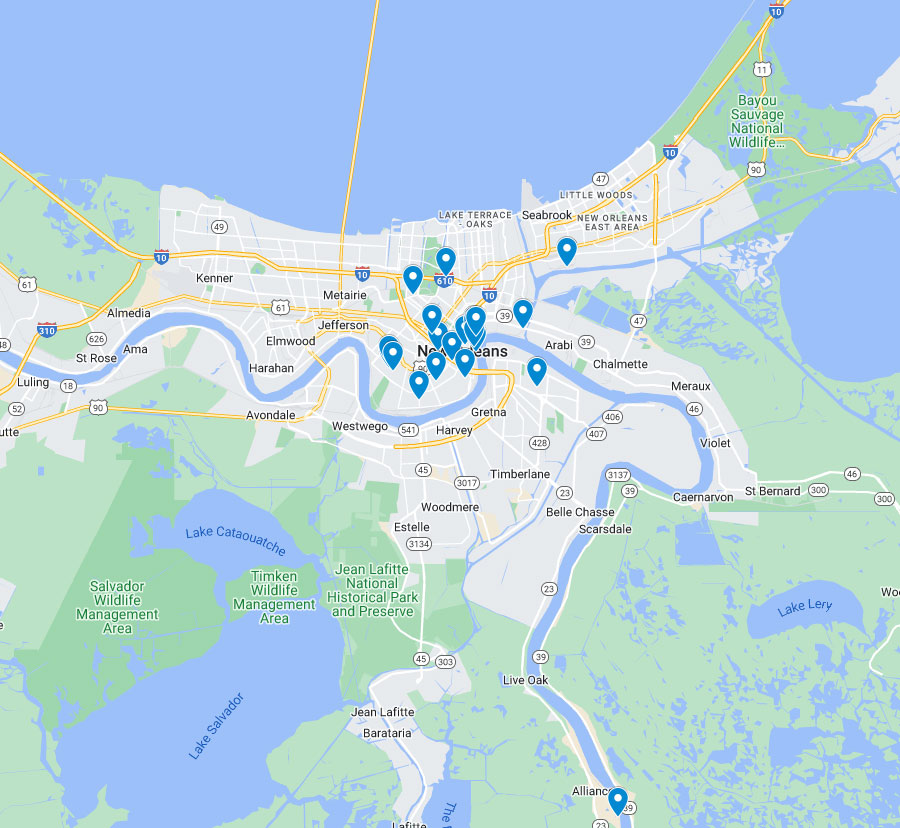
Biography
Monica is a cultural anthropologist specializing in environmental and urban change and anthropology of science and technology. She is a research scientist with the Water Institute of the Gulf, an instructor in the Environmental Studies Program at Tulane University, and a doctoral candidate in the PhD program in Anthropology at the City University of New York.
Research
Land Loss: Techno-science, race, and the disappearing geographies of Southeast Louisiana examines the impacts of coastal land loss and restoration projects in southeastern Louisiana from the perspectives of communities of color living along the last 100 miles of the Mississippi River in Plaquemines Parish and the scientists and engineers attempting to restore disappearing coastal lands. Through the use of ethnography, archival research, and one-on-one interviews, this project highlights diverse and shared understandings of the causes of land loss, its historic antecedents, and the ways experimental restoration projects stand to change coastal communities and wetlands. Research was conducted among scientists and communities in Plaquemines Parish for two reasons: first, following the final descent of the Mississippi River, Plaquemines Parish has been a laboratory for the development of flood control, wetlands management and, more recently, restoration projects from the colonial era through the present; secondly, Plaquemines Parish has a distinct racial history that has entrenched persistent social inequalities among communities of color in large part through the manipulation and management of land and water in the lower Delta landscape. Together, these conditions make it a unique case for examining the ways science, technology, and racial histories encounter and shape one another. As the state of Louisiana anticipates once again re-configuring the lower 100 miles of the Mississippi River, this research sheds light on the longer social and political histories that contextualize and inform contemporary struggles over confronting Louisiana’s coastal land loss crisis.


